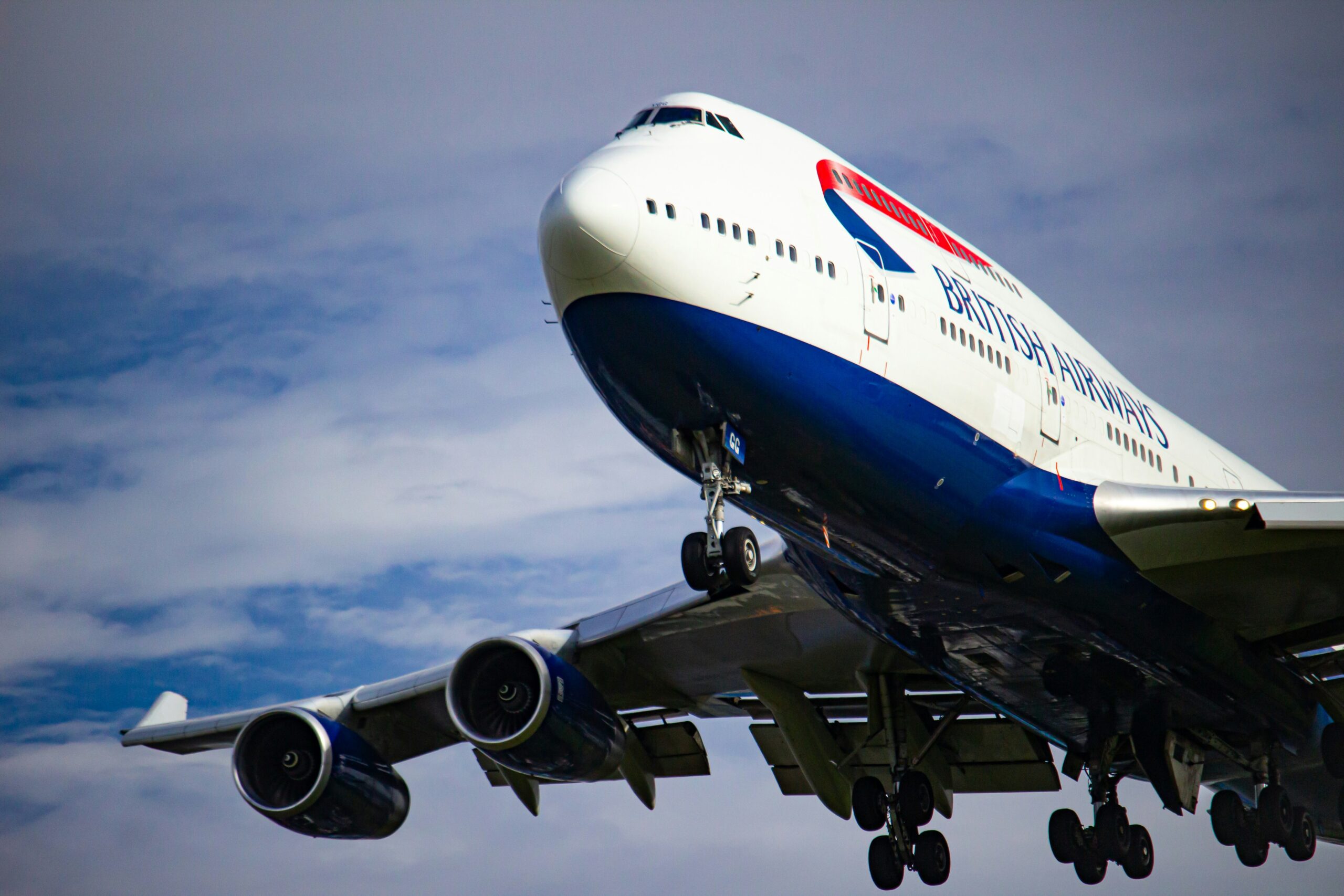In British Airways plc v D M and others, the Employment Appeal Tribunal (EAT) reviewed whether excluding certain allowances from holiday pay amounted to unlawful deductions from pay. The EAT also examined the criteria for breaking a series of deductions and whether employers can dictate the order of different types of leave.
British Airways (BA) cabin crew claimed that various allowances should be included in holiday pay as part of their “normal pay.”
The ET rules that some allowances were to be included in holiday pay, but the claim value was limited due to:
- A three-month gap between deductions breaking the series.
- BA designating statutory leave before contractual leave.
BA contested the inclusion of one type of allowance. The Claimants’ cross-appealed and argued for the inclusion of additional allowances and disputed the three-month gap and leave designation decisions.
The EAT ruled that:
- Meal Allowance: Burden of proof should be on claimants.
- Duty-Free Sales Commission: Exclusion based on size was incorrect.
- “Back-2-Back” Allowance: Tribunal’s mechanistic approach was flawed; reference period should reflect typical working patterns.
- Three-Month Gap: Overturned, aligning with the Supreme Court in Agnew (2023); gaps do not necessarily break a series.
- Series Criteria: Must have sufficient similarity and temporal connection, to be determined by a new Tribunal.
- Employer’s Power: EAT accepted potential designation of leave order but not to disadvantage workers regarding time limits.
- BA’s Designation: Tribunal erred; no evidence BA had the power or exercised it to designate leave order. All leave days should be treated equally.
The implications for employers are that gaps of three months do not automatically break a series. Employers may designate leave order, but this should not affect the claimant’s time limits for bringing a claim. Employers might find it easier to pay normal pay for all types of leave to avoid complex calculations and potential legal disputes.
Source: Lexology
This provides summary information and comment on the subject areas covered. Where employment tribunal and appellate court cases are reported, the information does not set out all of the facts, the legal arguments presented and the judgments made in every aspect of the case. Employment law is subject to constant change either by statute or by interpretation by the courts. While every care has been taken in compiling this information, we cannot be held responsible for any errors or omissions. Specialist legal advice must be taken on any legal issues that may arise before embarking upon any formal course of action.









